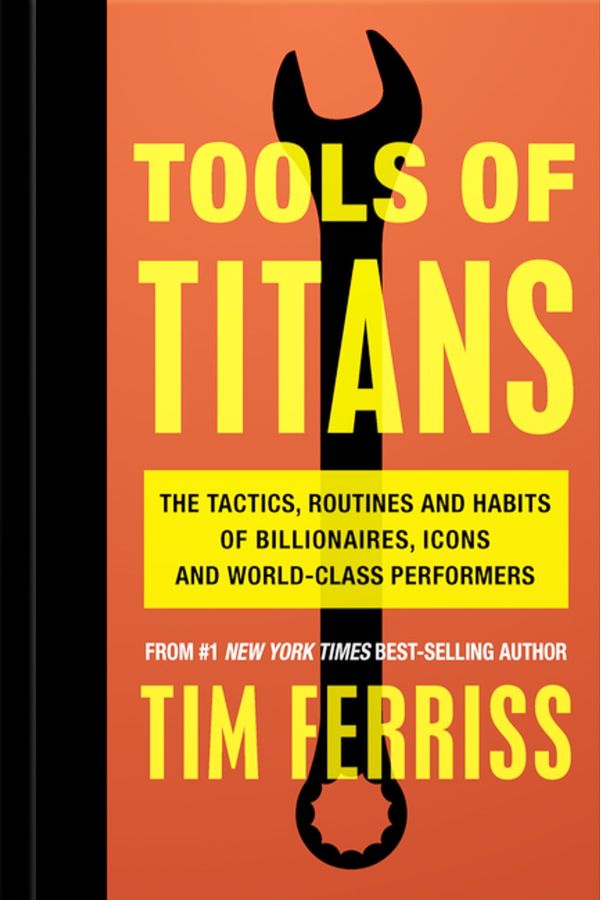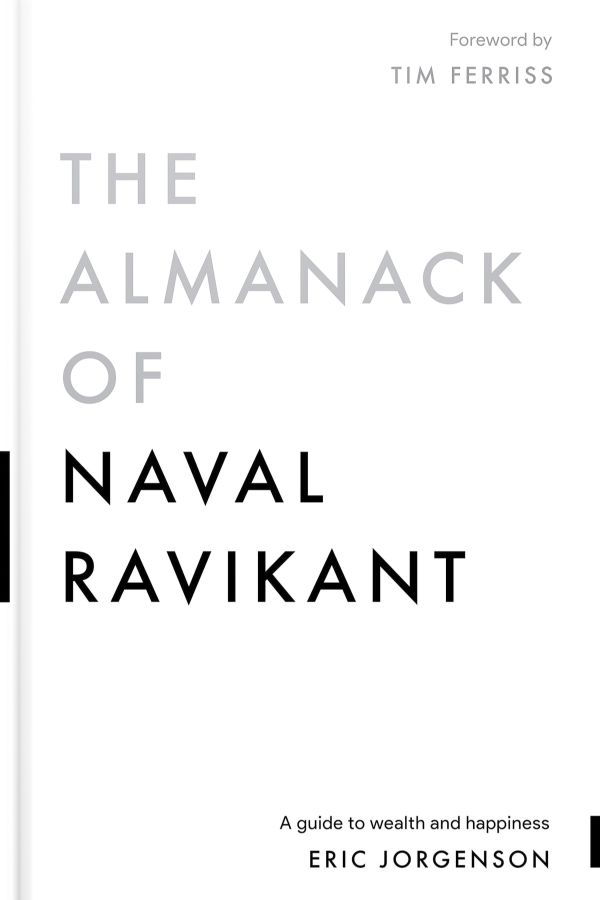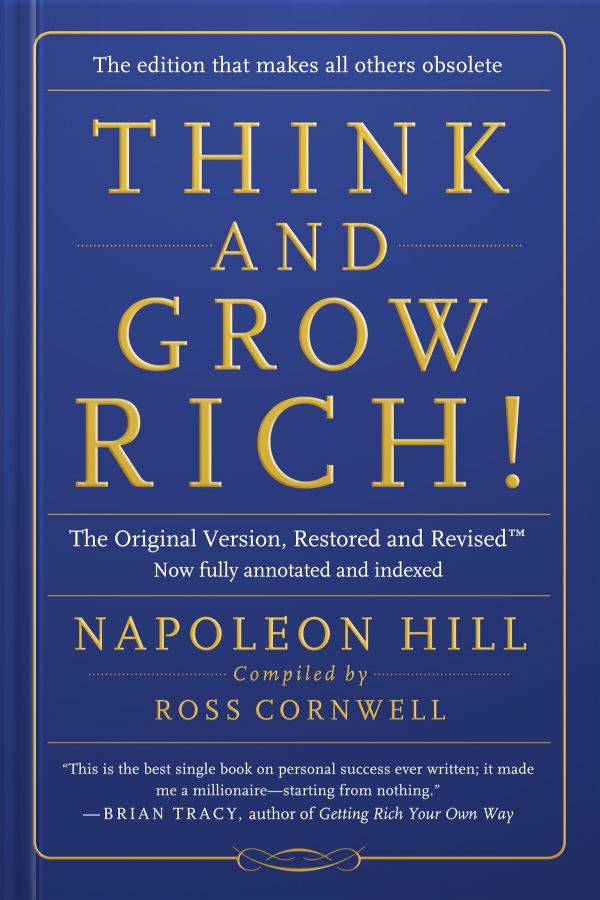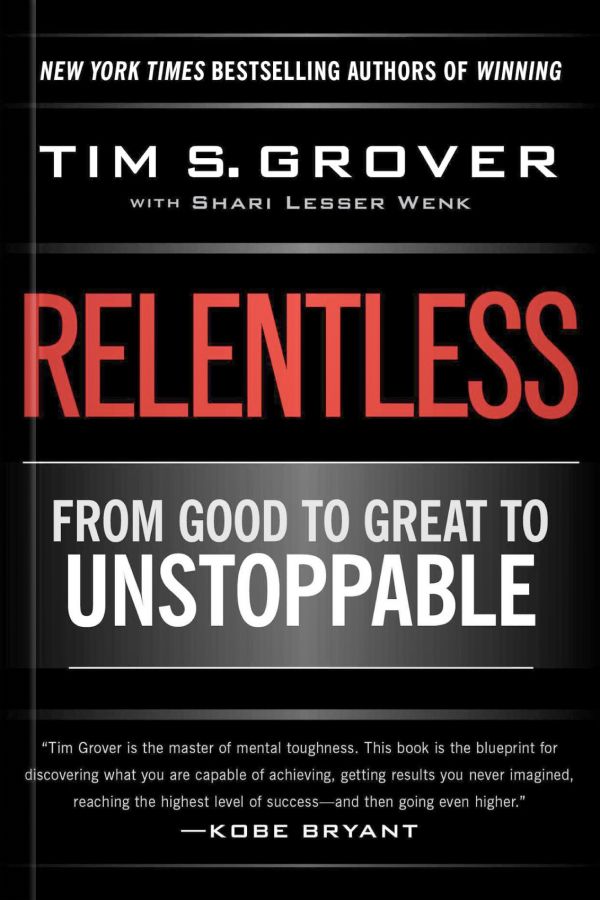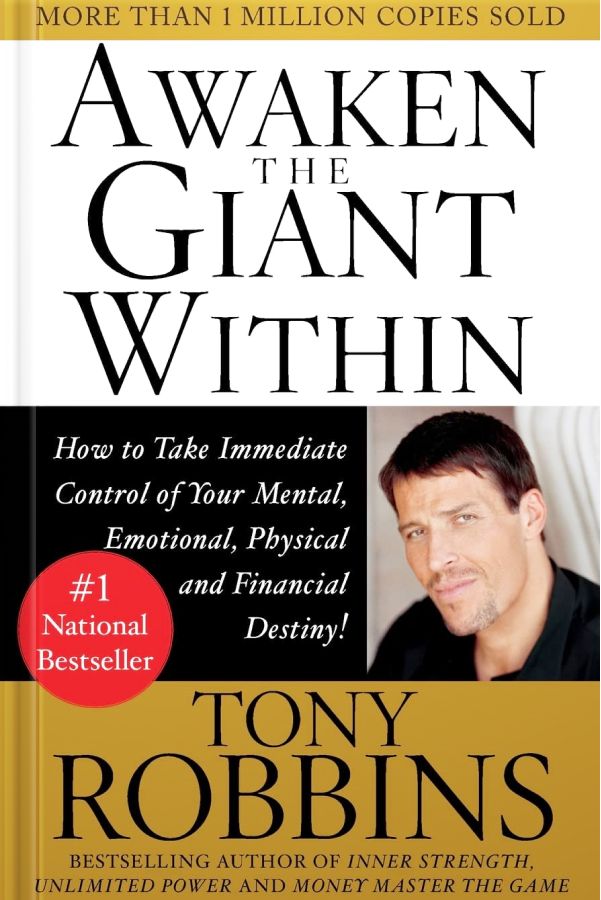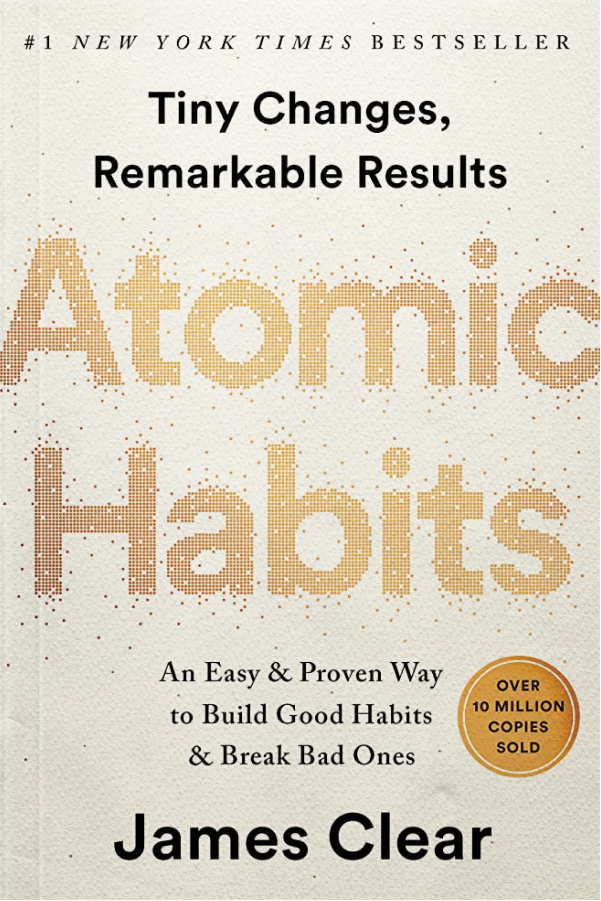
Productivity
Atomic Habits by James Clear
1. The Four Stages of Habits
Every habit, Clear explains, unfolds in four stages - cue, craving, response, and reward.
The cue triggers the brain to initiate a behavior, sparks a craving, which inspires a response, and this action delivers a reward. This cycle ultimately reinforces the habit.
For example, the sound of your alarm (cue) might make you want to hit the snooze button (craving), which you do (response), and then you get a few more minutes of sleep (reward).
Clear advises:
“The key to creating good habits and breaking bad ones is to understand these fundamental laws and how to alter them to your specifications.”
2. Small Changes, Remarkable Results
Clear champions the idea of 'marginal gains,' where a 1% improvement every day compounds into a 38% improvement over a year.
This might seem trivial initially, but these minute enhancements accrue over time, leading to remarkable results.
For instance, if you're learning a new language, learning just one new word a day could lead to a vocabulary of 365 new words in a year.
Clear states
“Habits are the compound interest of self-improvement.”
3. How to Get Results
Clear emphasizes that success isn't about setting lofty goals but establishing systems that lead to success.
For example, instead of setting a goal to write a book, establish a daily habit of writing.
He affirms:
“You do not rise to the level of your goals, you fall to the level of your systems.”
4. Habits and Compound Interest
Just as compound interest accrues wealth over time, habits yield exponential self-improvement. The idea is to persist with good habits, as their benefits compound over time, much like financial investments.
Explicit remarks:
“Time magnifies the margin between success and failure. It will multiply whatever you feed it.”
5. Progress is Exponential
Clear warns against giving up when results don't appear immediately. He says progress is often delayed, and the actual value of consistent efforts becomes apparent over time.
He reassures
“The plateau of latent potential. Your work is not wasted; it is just being stored.”
6. Focus on Who You Want to Become
The most effective way to change habits, Clear argues, is to focus on who we want to become rather than what we want to achieve.
For instance, if you want to become a reader, start by reading a page every day.
He advises
“The ultimate form of intrinsic motivation is when a habit becomes part of your identity.”
7. Stack New Habits onto Old Ones
Clear recommends 'habit stacking' - attaching new habits to existing ones - to increase their stickiness.
For instance, if you drink coffee in the morning, stack a new habit of meditating for five minutes post your coffee.
He suggests
“One of the best ways to build a new habit is to identify a current habit you already do each day and then stack your new behavior on top.”
8. The Two-minute rule
Clear proposes the 'two-minute rule' to kickstart new habits. He suggests starting with a new habit that can be completed in two minutes or less.
For example, read one page of a book, do one set of an exercise, or meditate for two minutes.
He advises:
“When you start a new habit, it should take less than two minutes to do.”
9. The Four Laws of Behaviour Change
Clear lays out four rules to effect behavior change
- make it obvious
- make it attractive
- make it easy
- and make it satisfying
He elaborates:
“A habit needs to be enjoyable for it to last.”
10. Environment Shapes Behaviour
Clear insists that by altering our environment, we can make new habits easier to adhere to.
For example, preparing your gym bag the night before can make getting to the gym in the morning easier.
He suggests
“Make it easy. The less energy a habit requires, the more likely it is to occur.”



















